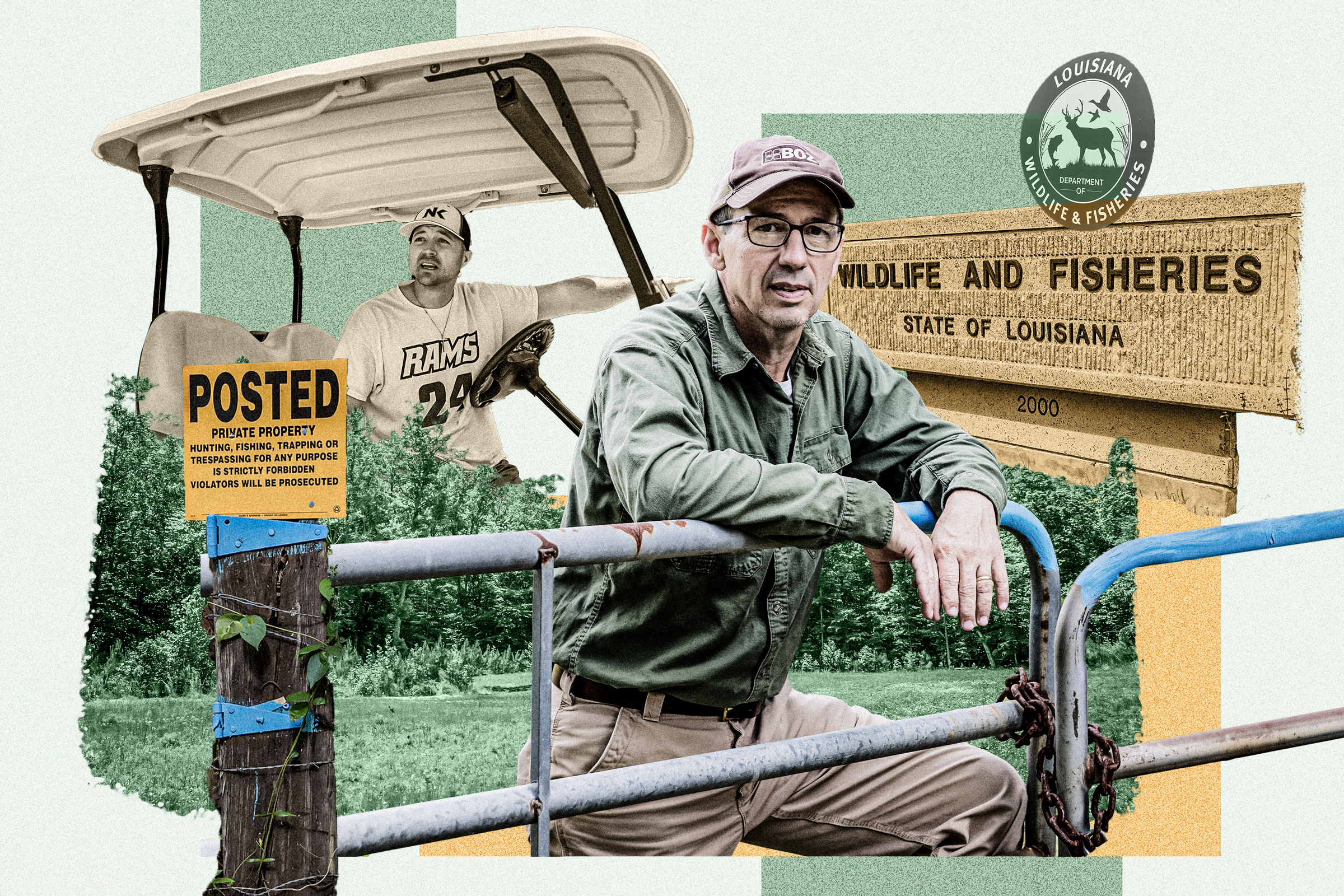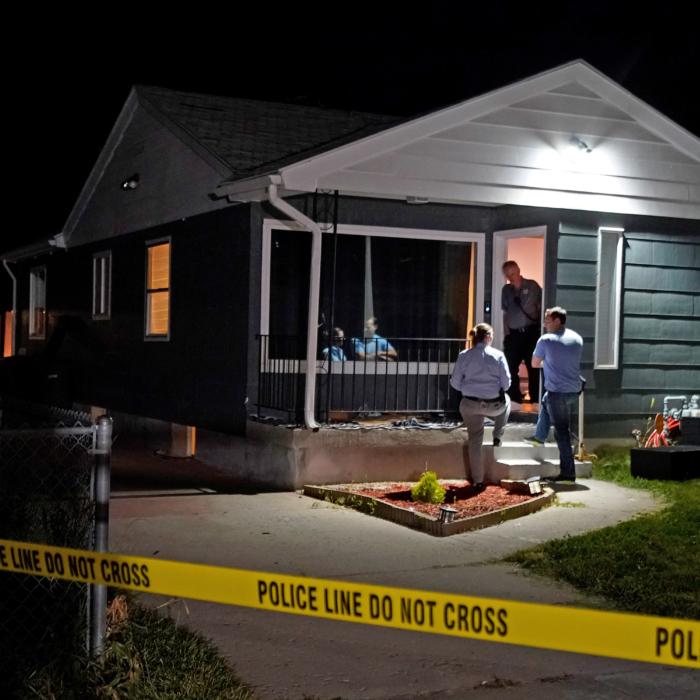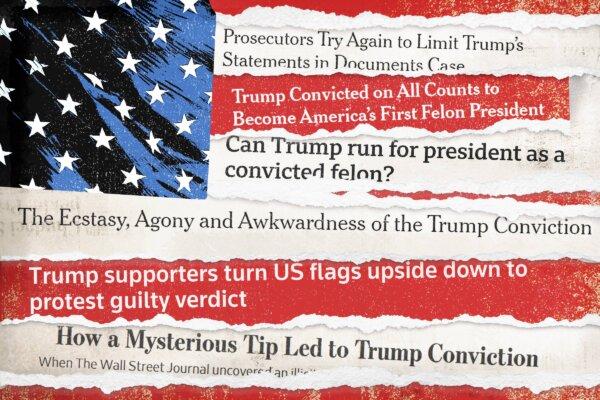BATON ROUGE, La.—At 39 degrees Fahrenheit under cloudy skies, that day was cooler than average for December. Having seen no deer, Tom Manuel decided to head back to his house.
He was taken aback when he met a Louisiana Department of Wildlife and Fisheries agent standing beside a state truck inside his property line. The warden asked for his gun so he could unload it.
Mr. Manuel refused to hand over his Remington Model 700 bolt action rifle, although he did remove a round from the chamber and place it on the seat of his pickup truck.
After answering the warden’s questions and proving he hadn’t violated any game laws, Mr. Manuel asked the officer what probable cause he had to enter clearly posted private property.
“He said, ‘The mere fact that you’re hunting was all the probable cause I need,’” Mr. Manuel told The Epoch Times about the incident that took place on Dec. 6, 2023.
Mr. Manuel found it odd, since the officer had no way of knowing anyone was even on the property until he was almost 100 yards past the property line.
Mr. Manuel had left his gate open but parked his truck behind some young pines, well out of sight of the main road earlier that morning. With the boundary lines clearly marked in blue paint and “No Trespassing” signs prominently displayed, he believed he had done all that is required by law to keep unwanted visitors out.
The Supreme Court laid the legal groundwork for Mr. Manuel’s encounter with the game warden 100 years ago, more than 680 miles away on a rural property near Travelers Rest, South Carolina.
The Supreme Court instituted the “open fields doctrine” through a series of decisions beginning in 1924. This doctrine interprets the Fourth Amendment to the U.S. Constitution as giving the government carte blanche access to billions of acres of private property—in other words, Fourth Amendment protection doesn’t extend to open fields.
Mr. Manuel hails from Covington, Louisiana, on the north shore of Lake Pontchartrain, at the opposite end of the causeway from New Orleans. He’s spent more than 30 years as a forester and a lifetime walking the sandy trails and pine forests of his home state.
He and his wife, Phyllis, bought 243 acres of forest land in Ethel, Louisiana, from one of his clients 21 years ago. They intended to raise pine trees for lumber, but the land’s value goes well beyond the cash Mr. Manuel gets for the trees.
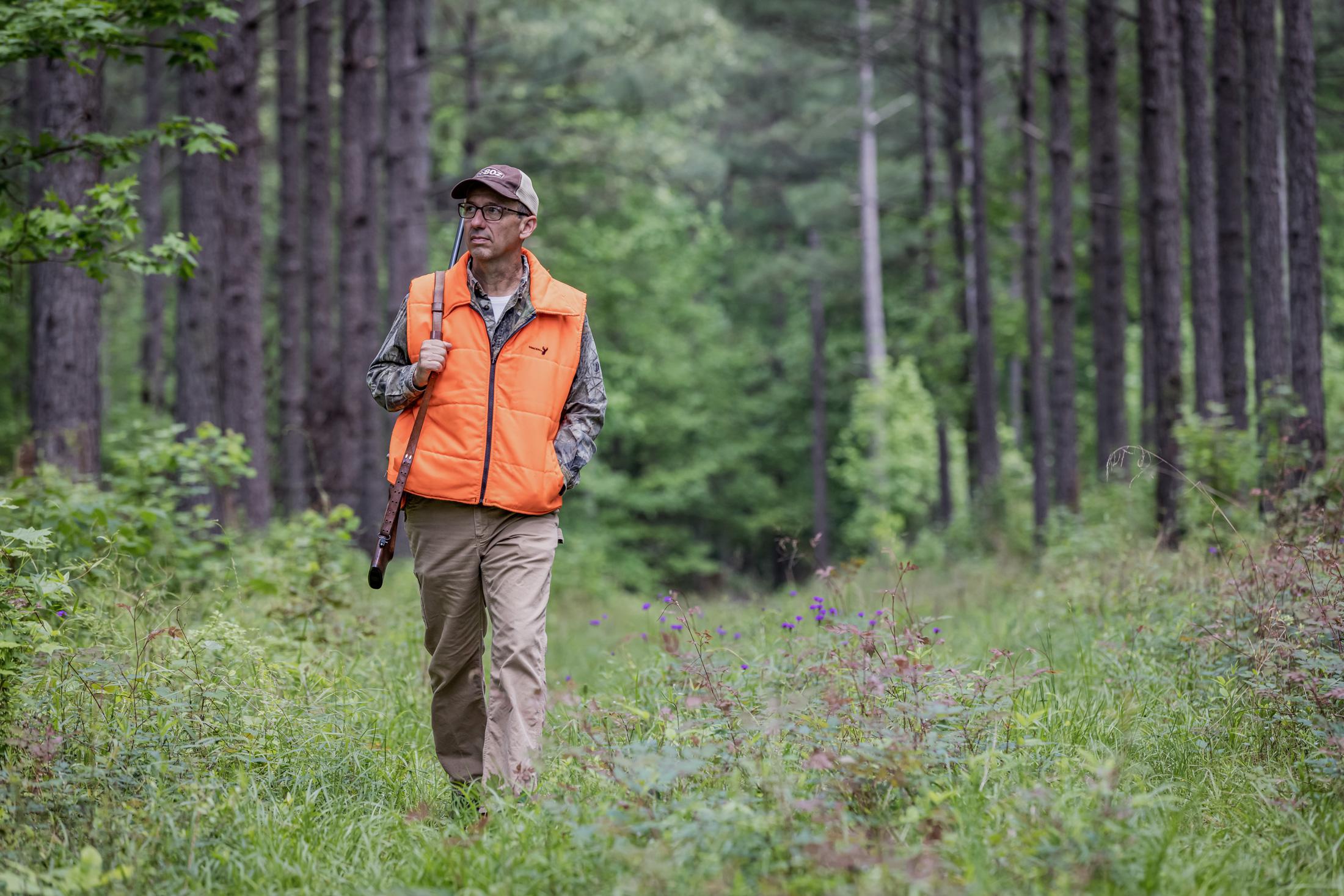
As he walked the cool pines on a recent April afternoon, Mr. Manuel talked of how the property instilled in his children a love for the outdoors. He recalls four-wheeler rides, camping trips, and bonding with his children.
He smiled as he talked about a “deer hunting” trip with his 3-year-old granddaughter, during which he left his rifle at home.
“I brought hot chocolate, snacks, and a five-gallon bucket to put pinecones in,” Mr. Manuel told The Epoch Times. “You asked me about hunting memories. That was probably the best one from last year.”
According to the open fields doctrine, the officer was within his rights to enter Mr. Manuel’s property, regardless of how it’s used. Under the doctrine, Mr. Manuel—and all other private property owners—lose their Fourth Amendment rights once they are outside the “curtilage” of any structures on their property.
According to legal experts, curtilage is a vaguely defined area adjacent to houses, barns, and other buildings on private property.
The open fields doctrine was born in prohibition-era America.
On Feb. 2, 1919, 17-year-old Charlie Hester of Travelers Rest, South Carolina, sold a quart of untaxed whiskey, known as “moonshine,” to a neighbor. Unbeknownst to Charlie, two federal Internal Revenue agents, Jake Gosnell and James King, had jumped a fence, crossed a pasture, and observed the transaction from the woods near the house he shared with his father.
The resulting raid included a foot chase, a gunshot, and searches of the house, a vehicle, and up to 10 individuals. In the end, Charlie was convicted of selling the whiskey. He appealed his conviction all the way to the Supreme Court, claiming that the agents had illegally entered the property under the Fourth Amendment.
The court ruled unanimously against him on May 5, 1924.
Legal scholars say that a strict interpretation of the original text supports Justice Holmes’s decision. They point out that each word, person, house, papers, and effects, had, and continue to have, precise definitions.
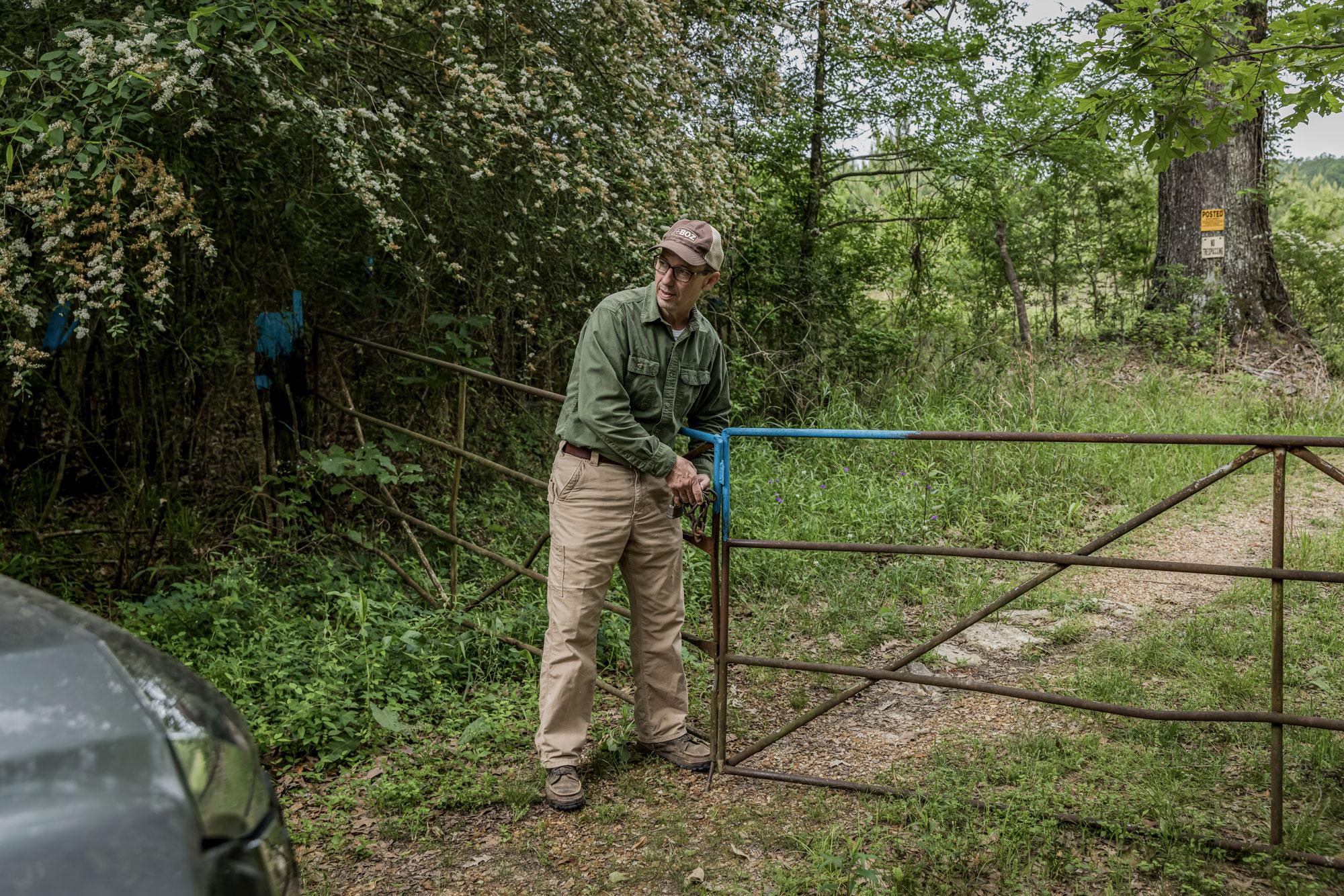
Paul Larkin, a senior legal fellow with The Heritage Foundation, agreed. He pointed out that traditionally, “property” has been generally defined as a building, its contents, and the area immediately around it, known as “curtilage.”
Effects are typically defined as a person’s possessions or their “worldly estate.” The intent was to prevent government agents from searching boxes, cabinets, purses, or other personal items without probable cause or a warrant.
“The Fourth Amendment has 54 words, not just five words,” Mr. Windham said at a May 10 conference.
He compares the Fourth Amendment to a rule teachers use to maintain order. Students are told to “keep your hands to yourself.” Even children understand this to prohibit unwanted contact of any kind.
Applying Hester’s logic would mean that high-fiving is prohibited while kicking is allowed.
“Keep your hands to yourself, evinces, but it doesn’t exhaust, the limits of conduct that won’t be tolerated in the classroom,” he said.
Virginia Case
Meanwhile, a brief encounter with Institute for Justice client Josh Highlander of New Kent, Virginia, reveals that he’s passionate about real estate, the outdoors, and his Constitutional rights—not necessarily in that order.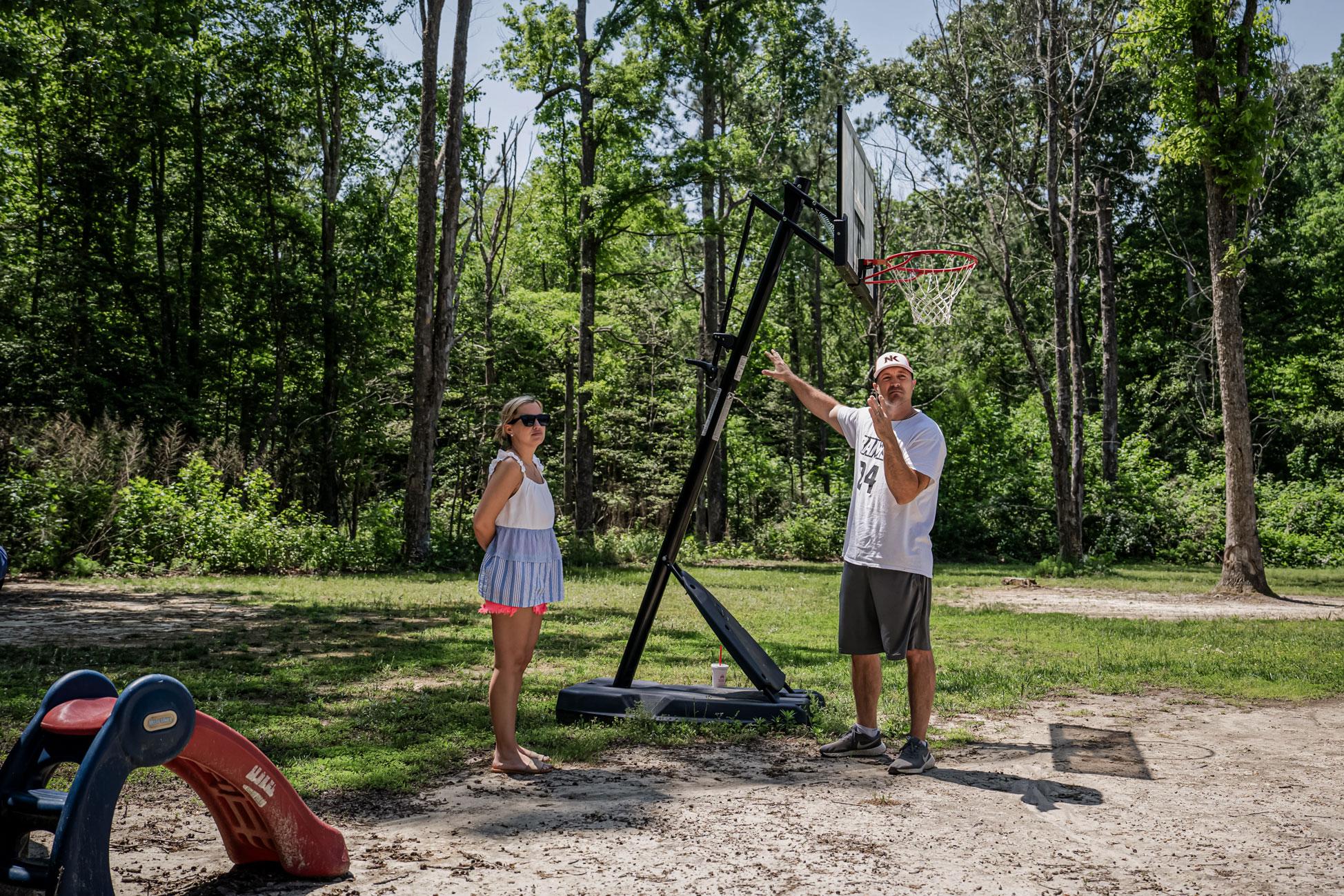
He said he learned about the open fields doctrine when state agents began investigating allegations that he was illegally hunting over a baited field—a claim he vehemently denies.
On April 28, 2023, his wife and young son were playing basketball when they were frightened by a figure in camouflage clothing in the woods behind their house.
“I was concerned about what this person was doing in our woods and our property, just yards behind our house where my son was playing,” Ms. Highlander said.
Mr. Highlander suspected it was a game warden. He said his suspicion was confirmed when a wildlife camera he set up about 100 yards from his house went missing.
When he called the police to report the camera stolen, he learned that game wardens were searching the camera, reportedly hoping to find evidence of hunting violations they believed he was committing. Mr. Highlander said he was never notified that anyone would be on his property, why they were there, or what they were looking for.
“I called the Commonwealth Attorney ... and he was like, ‘Did they have a warrant?’ I don’t know, if they did, they didn’t tell me about it,” Mr. Highlander told The Epoch Times.
Harvard Law School professor Maureen Brady said that if the camera had been within the curtilage, the area adjacent to his home, the wardens would have had to get a warrant because a camera is an “effect” under the Fourth Amendment. However, the camera was on a post in an open field.
The fact that Mr. Highlander owns the field, has put up a fence to keep trespassers out, and asserts ownership of the camera on his private property is of no account.
Louisiana Law
While most states allow state agents to operate under the open fields doctrine, some have rejected it. This includes Louisiana. In 1978, the Louisiana State Supreme Court ruled that the state constitution requires law enforcement to have a warrant to enter any private property.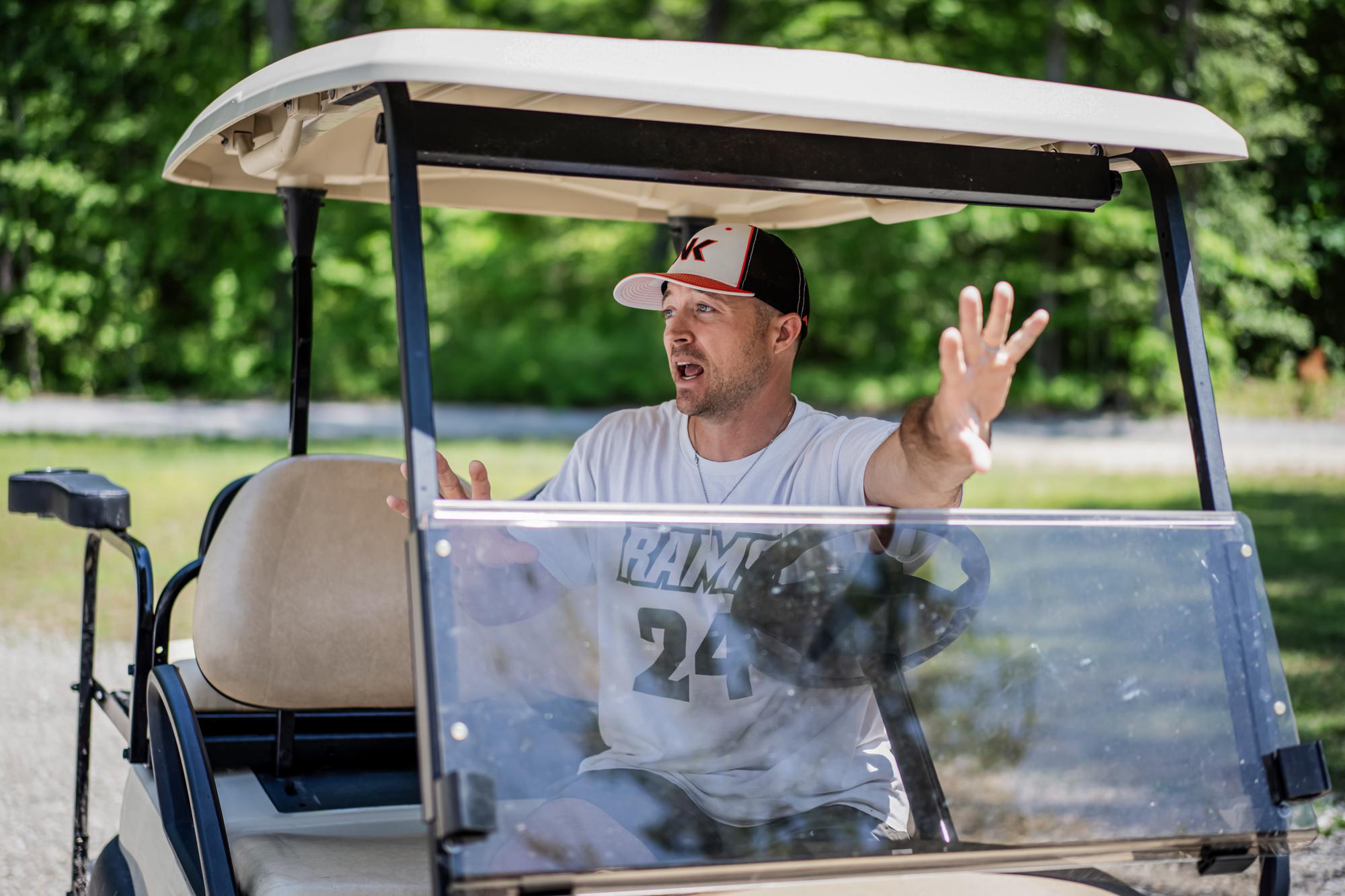
James Knight, another attorney with the Institute for Justice, said Louisiana wildlife officers are still taught to trespass, which violates the state constitution and the court. Mr. Knight is part of a team representing Mr. Manuel in a lawsuit against the state.
“So, what Tom is asking the court to do is to reaffirm that older decision … and to tell the officers that they would have to get a warrant,” Mr. Knight told The Epoch Times.
The Louisiana Department of Wildlife and Fisheries and the Louisiana Wildlife Agents Association didn’t respond to emails requesting comment for this story. However, Mr. Manuel said he had received a letter from a wildlife officer in another state defending the doctrine.
He said the officer claimed that game laws couldn’t be adequately enforced without open fields. Mr. Knight disagrees.
Seven states—Mississippi, Montana, New York, Oregon, Vermont, Tennessee, and South Dakota—require game wardens to meet similar requirements to those of police officers to enter private property.
Mr. Manuel and Mr. Knight stressed that the lawsuit doesn’t seek financial damages and doesn’t target individual agents. They say the objective is compliance with the Fourth Amendment.
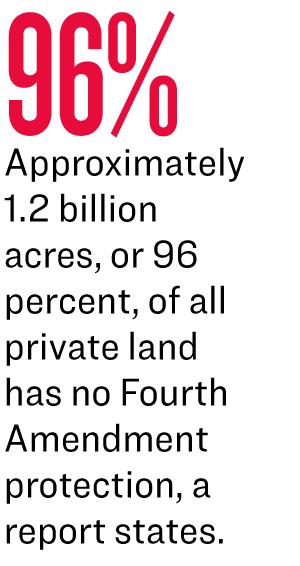
“The defendants in the lawsuit are the Department of Fish and Wildlife and the higher-up officials responsible for creating and enforcing these policies in their official capacities,” Mr. Knight said.
“Officials can invade it, roam around for as long as they please, maybe … put cameras on your land,“ Mr. Windham said. ”And the Fourth Amendment has nothing to say about any of that.”
